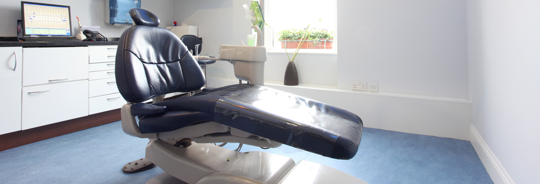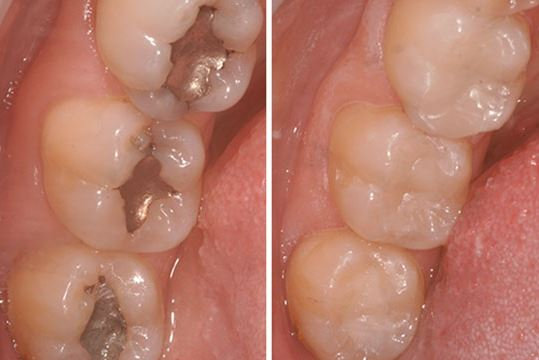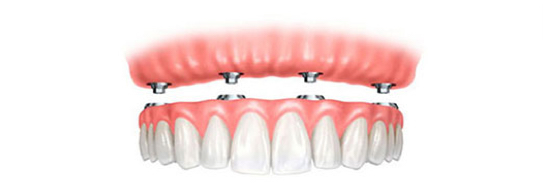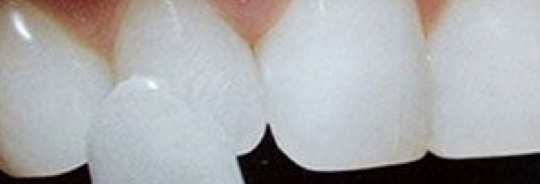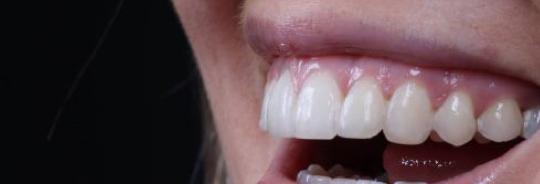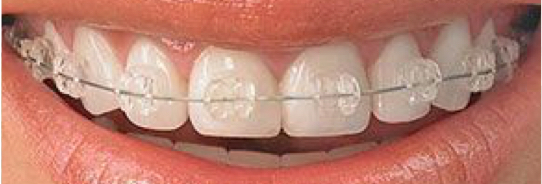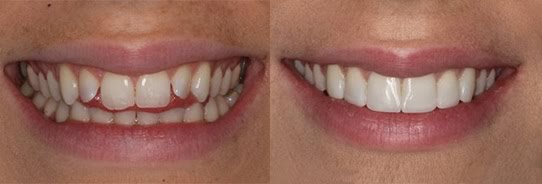Dentures vs. Implants: The Pros and Cons
Types of Denture
Dentures are either partial or full. That means they replace some of the teeth or all of the teeth in a jaw. Generally speaking, the more teeth missing the looser your denture will be. Often people find that when they lose a key tooth the denture suddenly becomes loose. Often this would be a strong tooth such as a canine or molar. When that happens it can make someone much more interested in permanent solutions such as dental implants.
Dentures are usually made from metal or acrylic/plastics. A metal denture will usually be stronger and so more suitable for heavy bites. They can have clasps on teeth to make them more secure. A plastic denture may be more flexible and so put less pressure on teeth. Some dentists refer to dentures as “gum strippers” as they can strip the gums off teeth from the movement between them and the teeth.

The right treatment for you can depend on a number of different factors, including time frame, finance, health concerns and of course your personal preference. Here we’ll talk about the health issues that you should be asking your dentist about when planning your treatment.
| Denture | Tooth Supported Bridge | Implant Supported Bridge | |
|---|---|---|---|
| Preserves Bone Density | Makes Worse | No Change | Improves Density |
| Causes Tooth Decay | Yes | Rarely | No |
| Speech Change |
Yes | No | No |
| Need to File Teeth | Sometimes | Yes | No |
Bone Density in your Jaw
An important factor to consider when replacing teeth is the bone density and volume. When the bones in the jaw are stimulated, the resistance causes the bone to remain healthy and strong. When teeth fall out, this pressure is absent and the bone starts to become thinner and thinner.

Opting for a denture can leave you at risk of the bone melting away in your jaw. This can cause sever discomfort and might cause complexity if you opt for dental implants further in the future. While there are solutions for nearly any case it is of course ideal to prevent this in the first place.
While tooth supported bridges will not improve the bone density, dental implants act as artificial tooth roots and help the jaw maintain its strength. Your dentist will place implants for the bridge to sit on at regular intervals so that pressure is evenly spread on your jaw.
Preserving your Teeth
If you still have teeth in your mouth, then you’ll want to make sure they are well looked after. Having a denture in your mouth will increase the surface area for bacteria to grow and can cause the gums to strip away from the teeth. This can be a major cause of decay and discomfort and dentures can be hard to keep clean.
In the case of tooth supported bridges, the teeth that have been worked on are more susceptible to complications and may require root canal treatment. This is because the teeth are prepared for a bridge by filing them back to what dentists call ‘posts’. These posts act as the supporting structures to the bridge that is cemented onto them. As you’ve probably guessed, the lifespan of a tooth that has been prepared like this can be less that one that has been left intact.
It is for this reason that our dentists prefer using dental implants for the bridge and leaving healthy teeth as they are. Dental implants are usually best in this situation since they offer a new strong titanium root for the bridge to sit on.
Speech and Bite
Any adjustments made to your mouth, however slight, may impact how you speak and eat. With dentures, it’s usually the plate that covers the roof of the mouth that is the problem. This is one of the most hated things about dentures as it feels bulky, alters taste, causes gagging and changes speech. The advantage of tooth or implant supported bridges is that they eliminate the need for a plate, leaving your sense of taste and speech as it was with natural teeth.


